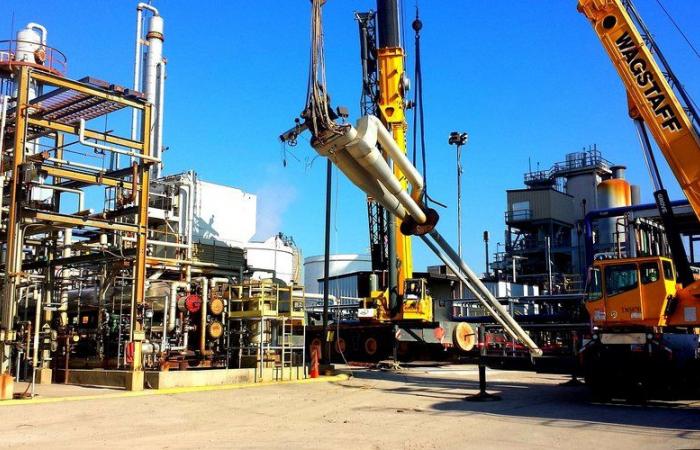
the essential
Elnur Soltanov, director general of COP29 and deputy energy minister of Azerbaijan, was recorded by the NGO Global Witness in a conversation he believed to be having with a Hong Kong-based investor.
COP29, planned in Azerbaijan under the leadership of Elnur Soltanov, faces intense controversy after revelations from the NGO Global Witness, relayed by the BBC. Elnur Soltanov, the country's deputy energy minister and member of the board of directors of the national oil company SOCAR, allegedly spoke with a fake investor presented as a potential patron of COP29. This investor, in reality a member of Global Witness, was seeking facilities to develop business in Azerbaijan, in exchange for financial support for the conference.
During the recorded interview, Soltanov discussed the numerous opportunities offered by Azerbaijani gas fields, showing willingness to facilitate an exchange between the investor's teams and those of SOCAR.
A senior official at COP29 climate change conference in Azerbaijan appears to have used his role to arrange a meeting to discuss potential fossil fuel deals, the BBC can report.
A secret recording shows the chief executive of Azerbaijan’s COP29 team, Elnur Soltanov,… pic.twitter.com/uSQikllGBX— Rita Rosenfeld (@rheytah) https://twitter.com/rheytah/status/1854950469409571110?ref_src=twsrc%5Etfw
A few weeks later, the fake investor actually received an email from the oil company, confirming the initial commitment. This affair raises questions about possible conflicts of interest, especially since Soltanov describes natural gas as “transition energy”.
“Treason”
These comments are in contradiction with the recommendations of the IPCC, which certainly recognizes the current role of hydrocarbons but considers that developing new oil and gas fields is incompatible with the objective of limiting global warming to 1.5°C compared to in the pre-industrial era. For Christiana Figueres, former executive secretary of the United Nations Framework Convention on Climate Change (UNFCCC) and central figure in the Paris agreement, this behavior constitutes a “betrayal” of the COP's climate objectives.
For their part, the United Nations recalled the requirements of neutrality, impartiality and independence imposed on those responsible for the COP, without however commenting directly on the revelations. This affair, after the criticism already raised by the holding of COP28 in Dubai, fuels debates on the capacity of these events to remain faithful to their objectives in the face of the interests of fossil industries.





